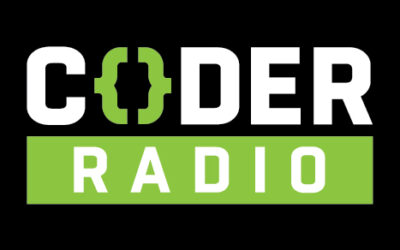Larry Page’s Google IO keynote speech was more than a little touching. it gave the company m more more human face and reminded me of why Google and its story is so inspiring. Unlike most other major tech companies, Google is actually “doing stuff”; in fact, Google is not afraid to take on projects that have the odor of science fiction: self-driving cars and Glass come to mind. In a lot of ways, Google is actually the sort of company that I think many developers dreamed of being apart of as children, so why then do I have this weird issue with them. A lot of Coder Radio listeners seem to think that I “hate” Google — an accusation that is more silly than true. My real issue is what Google does with our data (what they craftily refer to as “signals”) behind the scenes — the truth is the we (the public) don’t really know to what extent and in what ways Google is monetizing our data and it is that secrecy that leaves me with cause for (albeit mild) alarm. The question becomes — do the benefits and amazing technologies that Google brings us justify the potential privacy implications?
Again, I want to reiterate that I really do like a lot of what Google does. In fact when forming my company (Fingertip Tech, INC), Google was one of the main role models I had in mind — at the time Google was one of the few non-Linux focused companies that was making a real effort to bring open-source software and values to a more mainstream market; that is a tact I’ve taken and tried to expand on by open-sourcing as much of the software that I right as is feasible. Google’s dedication to pushing the web and mobile forward is nothing short of expiring.
The problem is that I can’t really know what I am paying for the amazing software that Google offers, since I am not paying with currency that I can track but rather my personal information. In a perfect world, I’d be able to purchase Google services ala carte and opt out of all of the “signal generation” aspect of Google. This, however, is not likely, since the data is probably more valuable than any fee that they could effectively extract from any meaningful percentage of the population. I’ve been beating the “pay for software — don’t be the product” drum for some time now, but it seems that the market would just rather not pay for certain percentage of software. Is it time to stop fighting the tide?
Questions? Comments? Dogmatic rage? Find me on Twitter and Google+. This post was brought to you by Code Journal and Fingertip Tech, INC.






